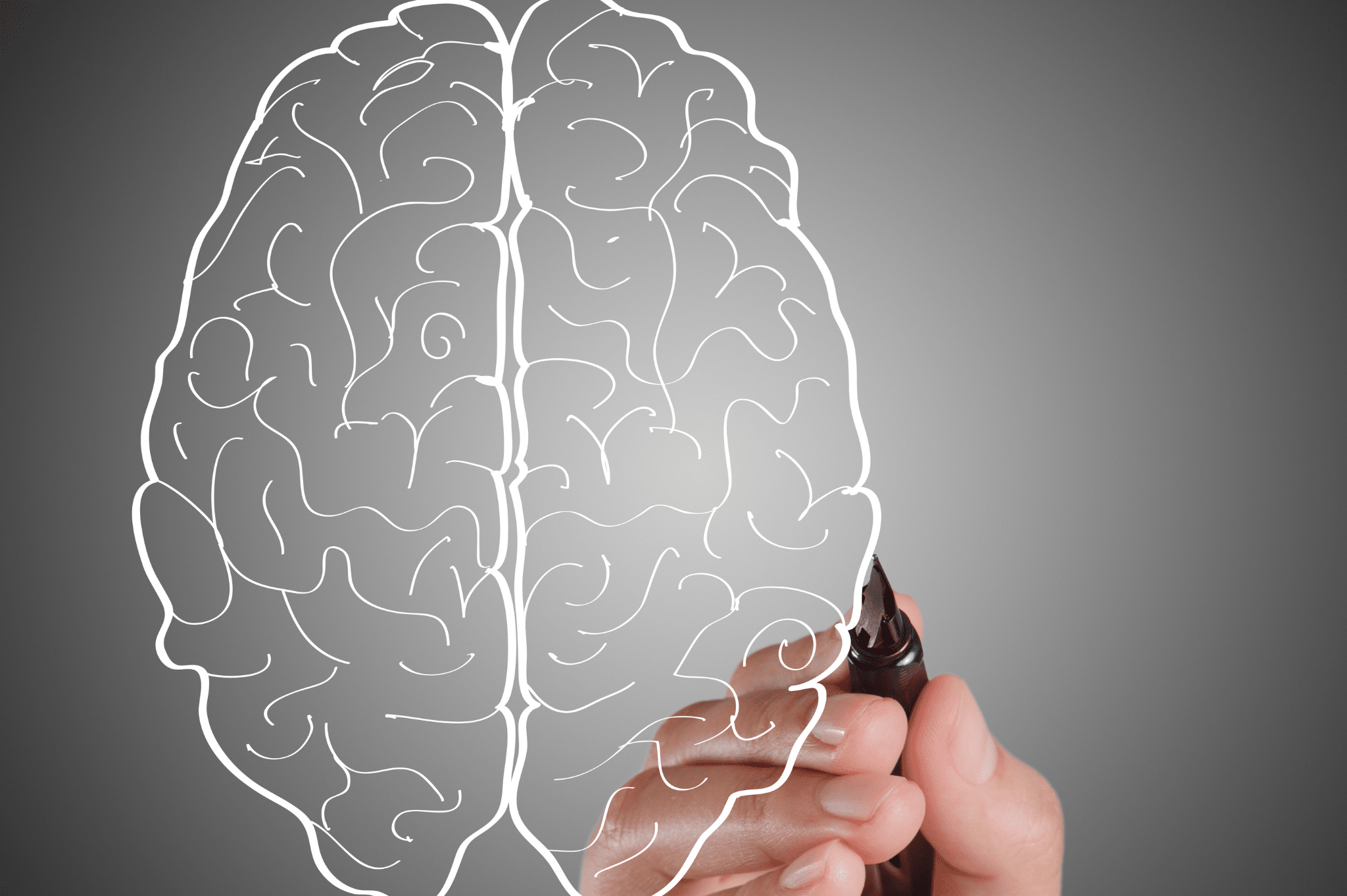Medically Reviewed by Dr. Mohammed Saeed, MD.
Alcohol is a depressant. It slows brain activity, and causes memory loss, poor muscle coordination, and slowed reaction time. Consuming too much can produce blackouts – episodes of substance-induced amnesia that lead to confusion, memory loss, and potential brain damage. Chronic alcohol abuse causes physical shrinking in many parts of the brain, as well as physical damage to the body — especially the heart and liver. Doctors call the damage that excessive alcohol use does to the brain “alcohol-related cognitive impairment.”
Damage to the Brain Caused By Alcohol
Alcohol’s most severe long-term consequences are brain damage and nerve cell death. Unlike in other parts of the body, some nerve cells (particularly those in the frontal cortex and cerebellum) are not replaced once destroyed. Long-term drinking affects the functions of the brain that control inhibitions, decision-making, problem-solving, and judgment. Damage to those areas makes alcoholics very prone to relapse.
The impact of alcohol on the brains of young people is particularly serious. Behavioral and cognitive problems including learning difficulties, memory issues, and decreased IQ can develop because of alcohol use. Alcoholism also causes other harmful metabolic changes that can create mental impairments.
Fortunately, the human brain is a resilient organ and can reverse alcohol damage (to a great extent) on its own once drinking stops and abstention begins.
How Long Does the Brain Take to Heal After Quitting Alcohol?
Obviously, the time it takes for the brain to recover depends on the severity of the damage done. The more intense or frequent the alcohol bouts are, the longer it will take the brain’s chemistry to return to normal levels. There is no hard and fast rule for how long it takes to get back into balance.
Alcohol-induced brain shrinkage can begin to reverse within two weeks after abusers become abstinent. Some of the change in brain size is due to brain cells changing size. Once drinking stops, the cells return to their normal volume over the following weeks. This reverse is good news as brain volume loss is associated with psychological issues like memory loss, difficulty concentrating, and increased impulsiveness.
Different areas of the brain recover at different rates. Much of the lost functionality in the brain returns relatively quickly. Coordination, balance, and fine motor skills improve as brain volume recovers. Higher thought functions like focus and concentration take longer to improve since they are controlled by brain areas that recover volume more slowly.
However, some of the brain shrinkage is due to brain cell death. Once brain cells die they do not regenerate, and the effect is permanent.
Sometimes when people first stop drinking, they experience an extended period of “brain fog” or increased emotional instability. Fortunately, this usually only lasts a few days. Stopping alcohol use helps to normalize dopamine and serotonin levels, so patients may feel depressed while in recovery, but this should lift as the brain readjusts to running without alcohol. Research also shows that when cirrhosis of the liver is treated, some brain damage that it caused may begin to reverse.
The brain’s recovery pace is different for everyone, so there is no set timeline. If a doctor needs to monitor the physical recovery of the brain, they will generally take MRI images of the brain and provide any needed medical support.
The National Institutes of Health (NIH) says that the vast majority of recovery occurs within the first year of abstinence, but continues for 5 to 7 years after. Any additional damage stops as soon as one stops drinking.
Can The Brain Recover From Alcohol Damage
Sadly, there is no significant recovery timeline for several brain functions – semantic memory, visual-spatial skills, sustained focus, multi-tasking ability, and planning skills. These may or may never recover, and there is no telling how long it may take. Most recovery after abstinence from alcohol is related to short- and long-term memory, and verbal skills. Some people still experience impaired cognitive functions even after a significant recovery of brain volume. They cannot perform tasks that require prolonged focus, planning skills, or complex problem solving easily.
For many, life after alcohol requires an ongoing commitment to sobriety and a healthy lifestyle. Treatment can quickly help to address some effects of alcohol on the brain, such as brain fog – difficulty concentrating, confusion, and inability to think clearly. Some experts feel that alcohol recovery can only truly begin once the brain has significantly recovered and much of the lost cognitive abilities have mostly returned. New treatments or medications may improve recovery further, but more research is needed.
Why Choose Into Action Recovery Centers
Into Action Recovery Centers takes pride in providing a high level of treatment and a holistic approach to recovery for those who suffer from addiction. Our comfortable facility is designed with the client’s needs foremost in mind. Our staff includes master’s level counselors, licensed chemical dependency counselors, 24-hour nursing professionals, a staff psychiatrist, a staff chef, and direct care personnel. Our counseling staff provides individualized treatment and care for our clients with an emphasis on tailoring treatment to the specific needs of each individual. Additionally, our staff provides family counseling, relapse prevention, life skills, and grief and trauma counseling.
Into Action Recovery Centers provides an abstinence-based program and all of our staff members have a strong understanding of the recovery process through personal experience. We are passionate about sharing the process involved in living a drug and alcohol-free life. We offer free aftercare for the men who complete our program and have a strong alumni network that remains active in the community. We also offer other amenities such as dietician-prepared meals, mindfulness-based meditation training, outings, and fitness training.




